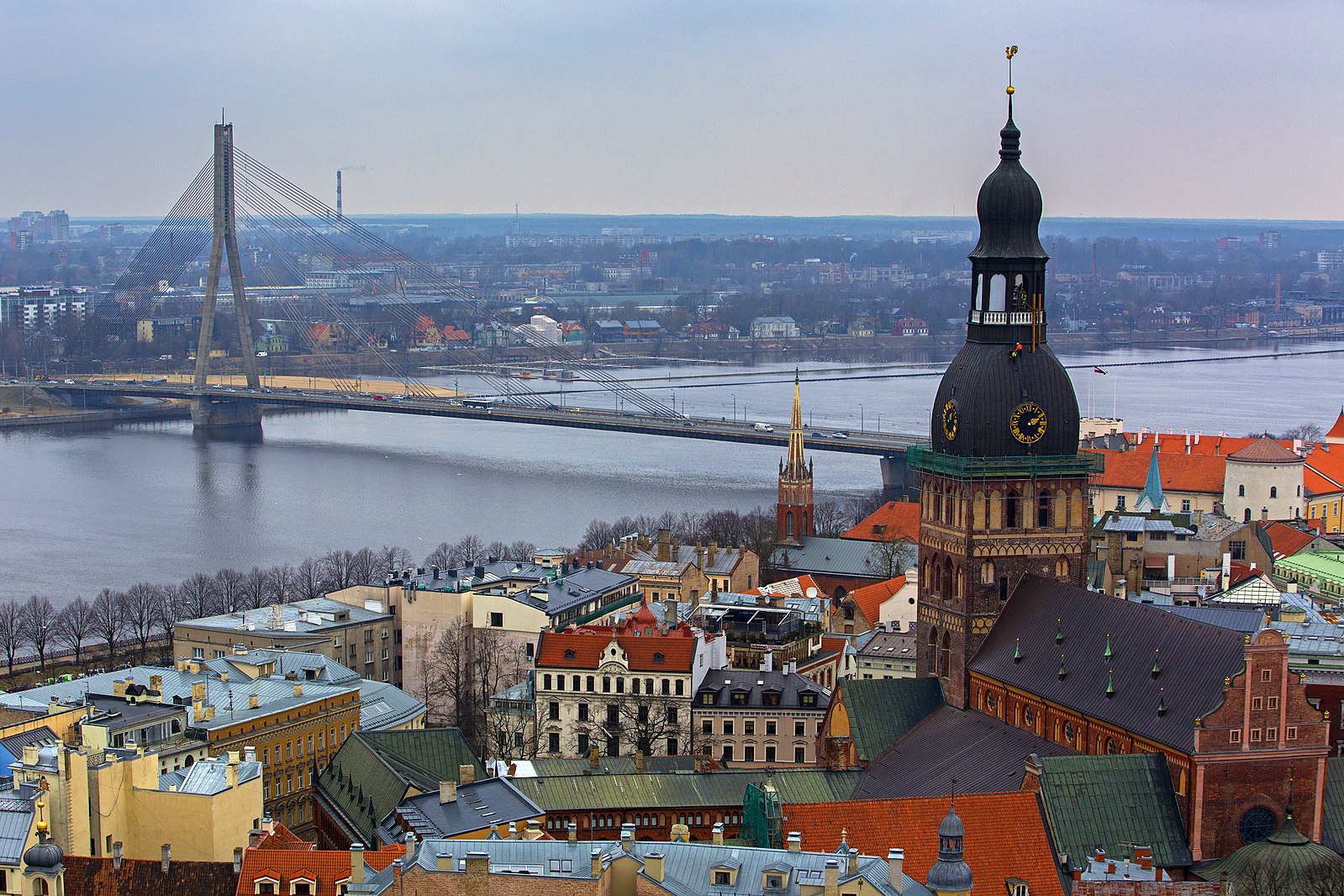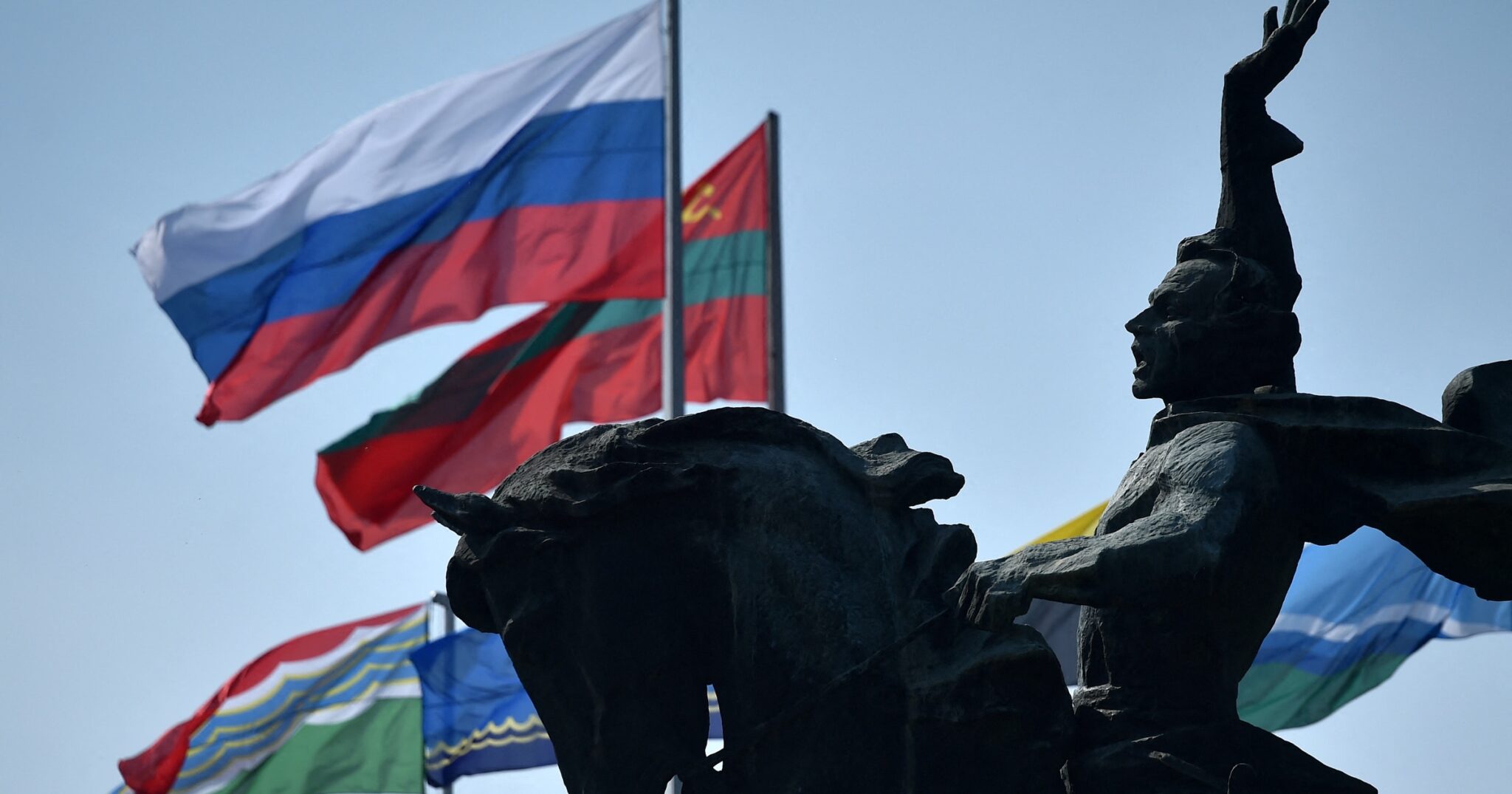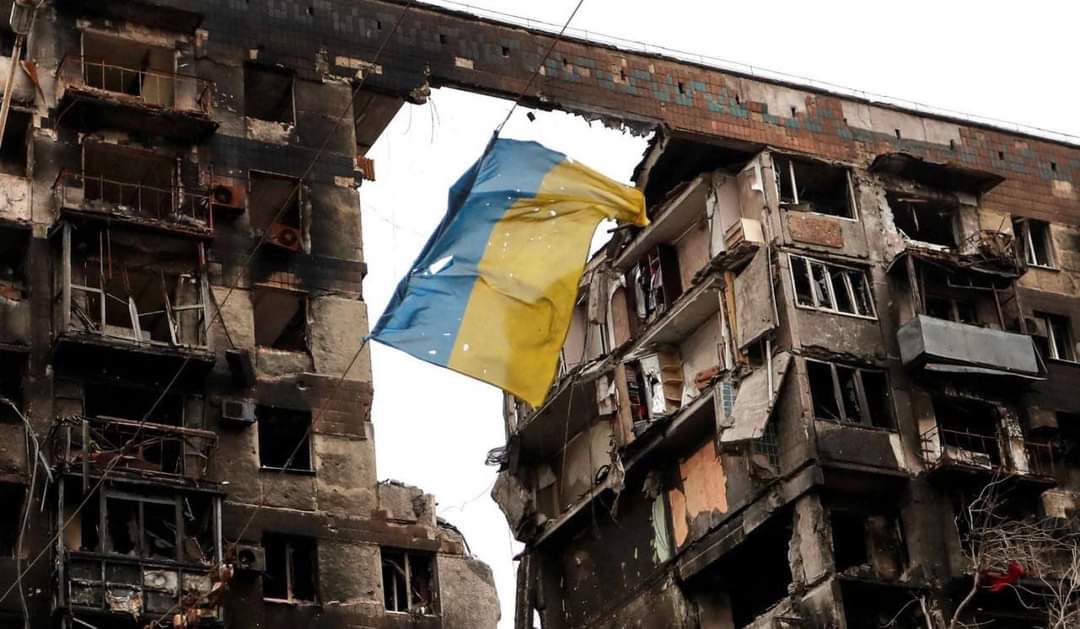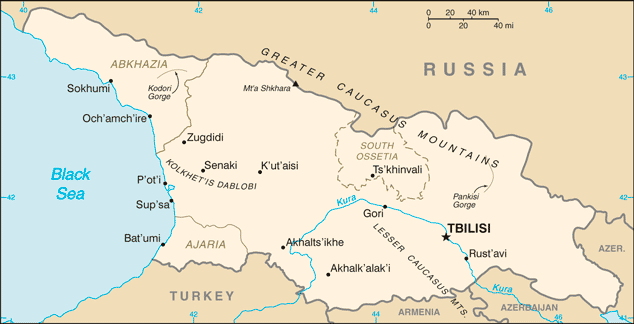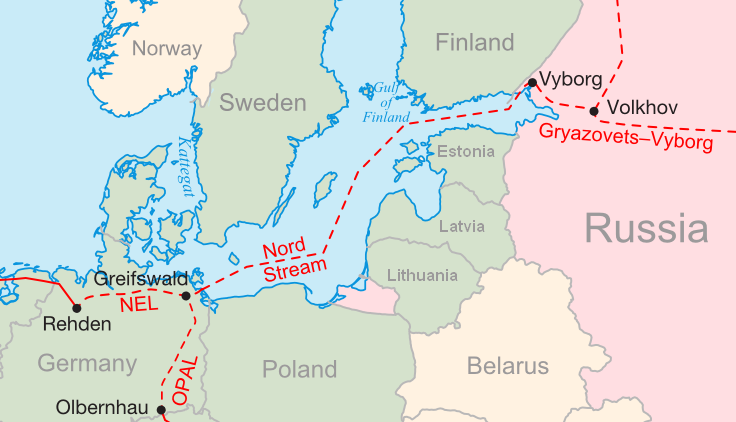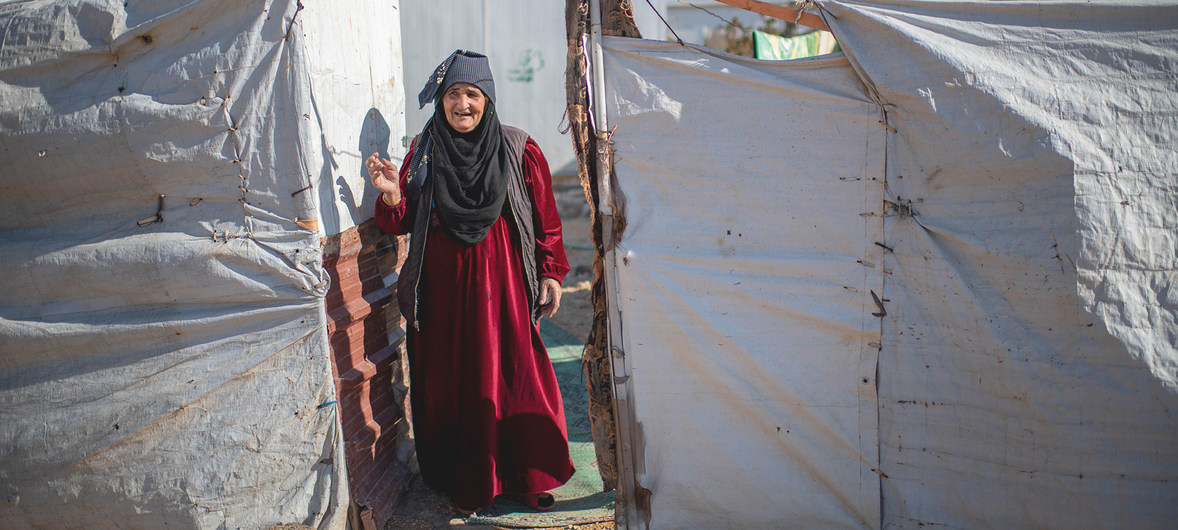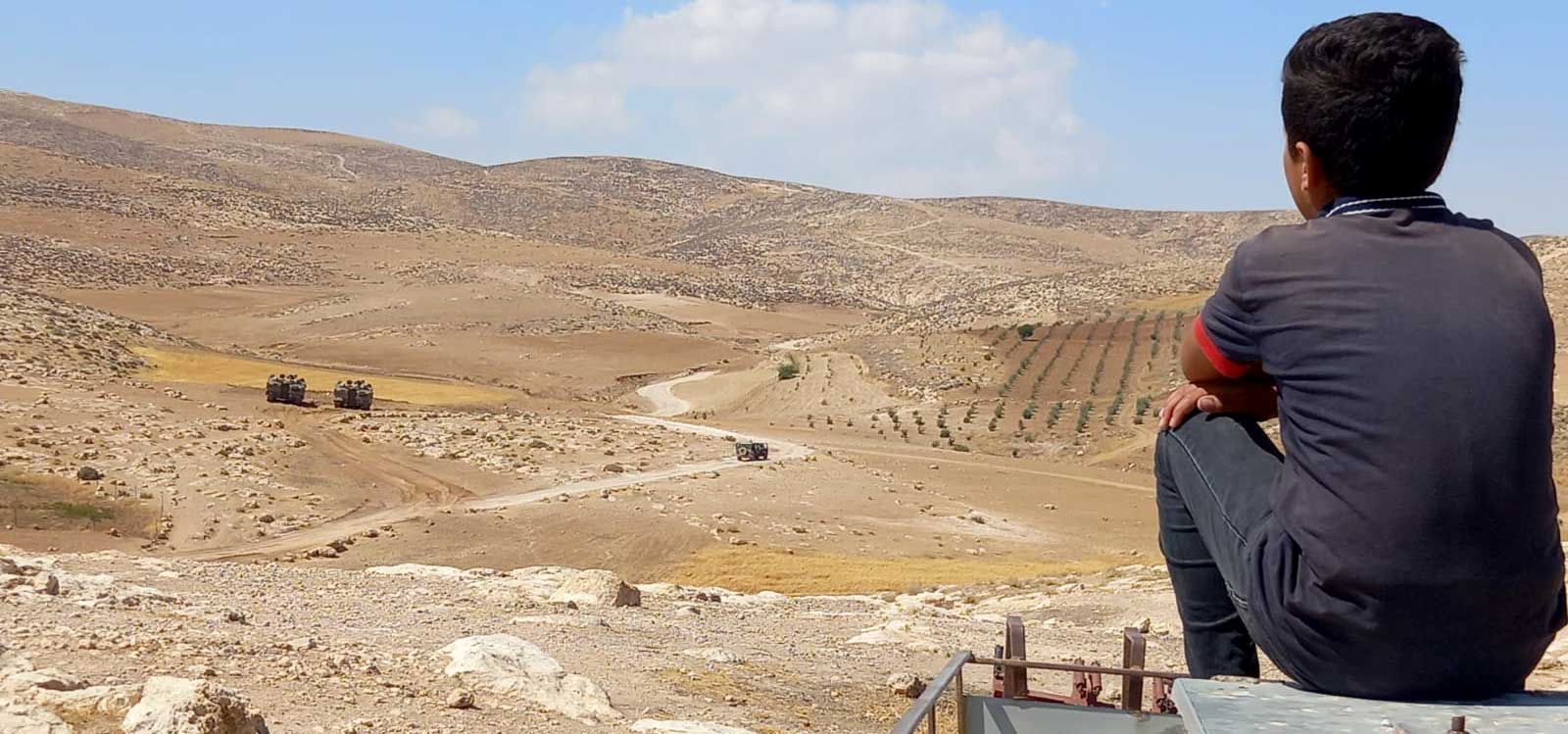
ICC issues arrest warrant for Putin
The International Criminal Court (ICC) is seeking the arrest of Russian President Vladimir Putin in connection with the forced deportation of Ukrainian children. The ICC Pre-Trial Chamber also issued a warrant for Maria Lvova-Belova, the Russian Commissioner for Children’s Rights. Both stand accused of the war crimes of unlawful deportation and transfer of children from occupied territories of Ukraine into Russia. While Ukraine is not a party to the Rome Statute, which established the ICC, the country accepted ICC jurisdiction for purposes of “identifying, prosecuting, and judging the perpetrators and accomplices of acts committed in the Territory of Ukraine since 20 February 2014.” (Photo: OSeveno/WikiMedia)



